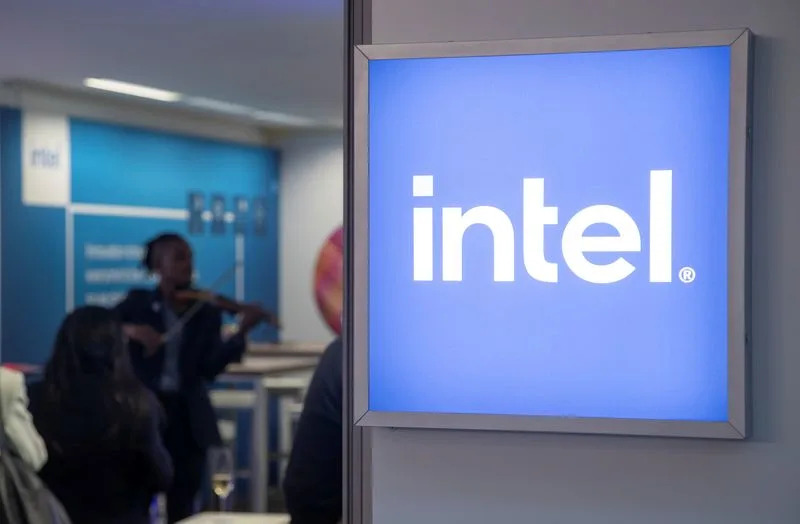Intel Faces Renewed EU Antitrust Battle: What You Need to Know

Intel, a global leader in semiconductor innovation, now faces renewed legal challenges with the European Union's antitrust regulators. The chip giant is contesting a $421.4 million fine that has its roots in a long-standing dispute dating back to 2009. This article breaks down the latest developments, the implications for Intel, and why this case matters for the tech industry.
Background: Intel and the Antitrust Dispute
The conflict began in 2009, when the European Commission imposed a historic 1.06 billion euro fine on Intel. The Commission accused Intel of blocking competitors, most notably Advanced Micro Devices (AMD), from the processor market. These allegedly anti-competitive practices included making payments to computer manufacturers such as HP, Acer, and Lenovo to halt or delay rival products between 2002 and 2006.
Intel initially succeeded in appealing and had the penalty overturned in 2022. However, the EU courts maintained that Intel’s actions against some manufacturers warranted renewed scrutiny. The decision led the EU competition watchdog to re-impose a substantially smaller fine focused specifically on 'naked restrictions'—tactics intended to exclude competitors from certain market opportunities. For further detail, read the Yahoo Finance article on Intel's spar with EU regulators.
Intel’s Defense and Ongoing Legal Battle
Intel's lawyers argue that the fine is disproportionate and unfair. They claim the violations in question were limited, narrow tactics rather than a broad attempt to lock out all competitors. According to court coverage, Intel's legal team stated, "The naked restrictions can't be treated as in effect of equal weight to each of the pricing practices which were overturned. Nor do they have the same sort of cumulative effect or strategic weight."
The European Commission, meanwhile, maintains that its decision was justified. It argues that the fine, which now amounts to about 1% of Intel’s turnover in the year of infringement (and roughly 0.5% today), accurately reflects the severity of the misconduct. Both sides have called on the courts to determine the final penalty. To get a deep dive on the regulatory perspective, the Reuters report on the Intel case provides useful context.
Implications for Intel and the Semiconductor Industry
This case comes at a critical time for Intel, which has been investing heavily in new manufacturing plants and research to regain market dominance. Regulatory challenges like this can pose distractions and potential financial setbacks.
The outcome will likely set a precedent for how antitrust rules are enforced in the tech industry. A substantial fine could influence how similar cases are handled in the future, not only for Intel but also for other tech giants facing scrutiny over market dominance.
What Happens Next?
The General Court’s ruling is expected in the coming months. Both Intel and the European Commission are pushing for a definitive resolution, hoping the case will clarify future behavior and fines within the industry.
Stay tuned for more updates as this legal drama unfolds. For additional coverage on Intel’s dispute, check out the Yahoo Finance report on the $421.4 million antitrust fine.
Summary: Intel’s legal battle with EU regulators highlights a critical intersection of technology, competition law, and business strategy. As the courts prepare to deliver a verdict, the world will watch closely for its wider impact across the tech sector.